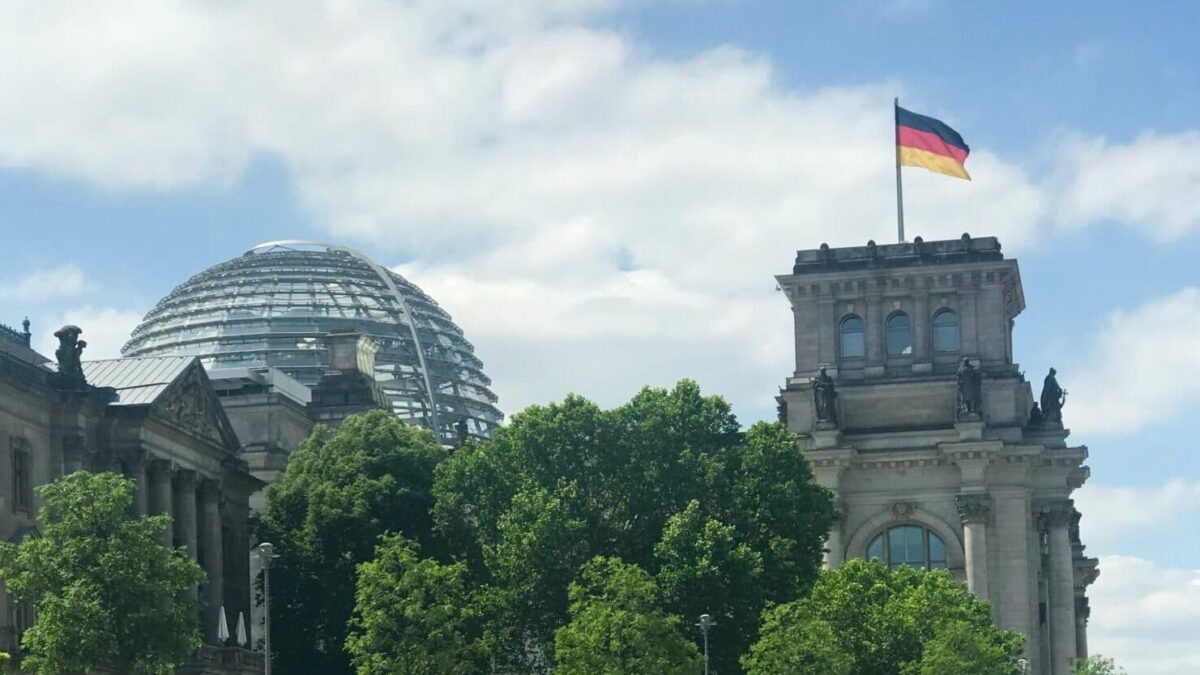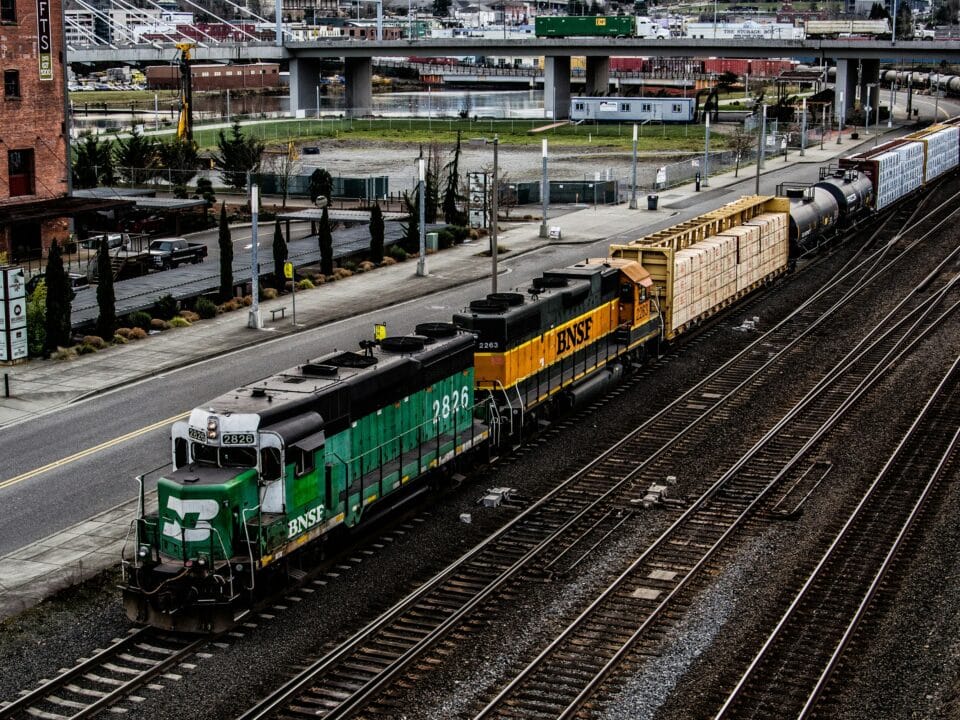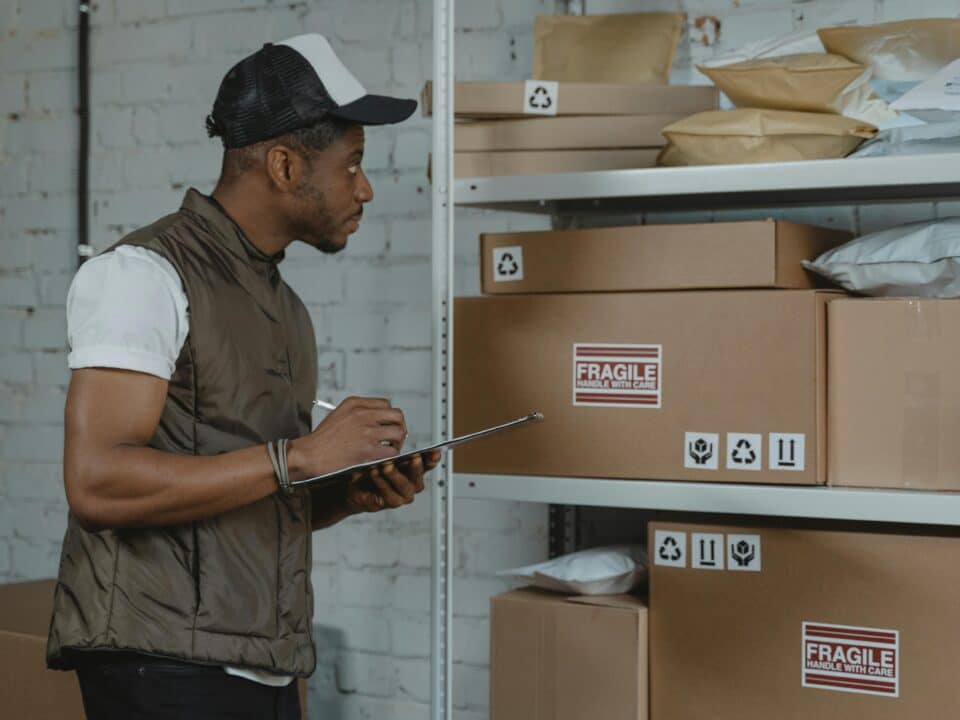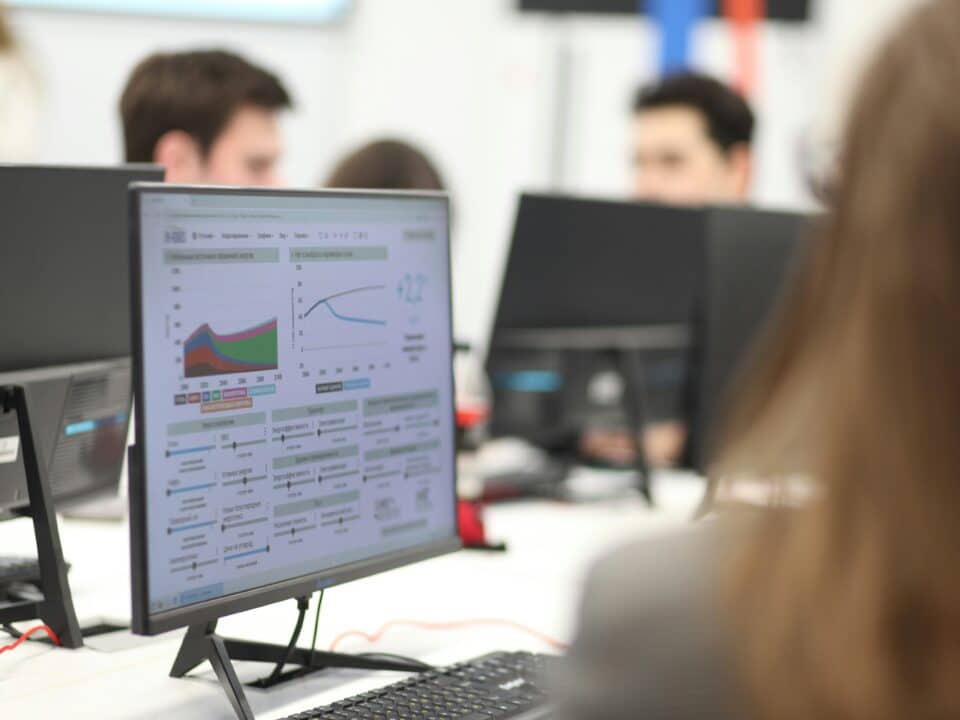E-commerce logistics in Germany

Traceability in the textile field : Fairly Made
12 February 2024
Kitting: a key service in e-commerce fulfilment
24 October 2024- 5 minutes
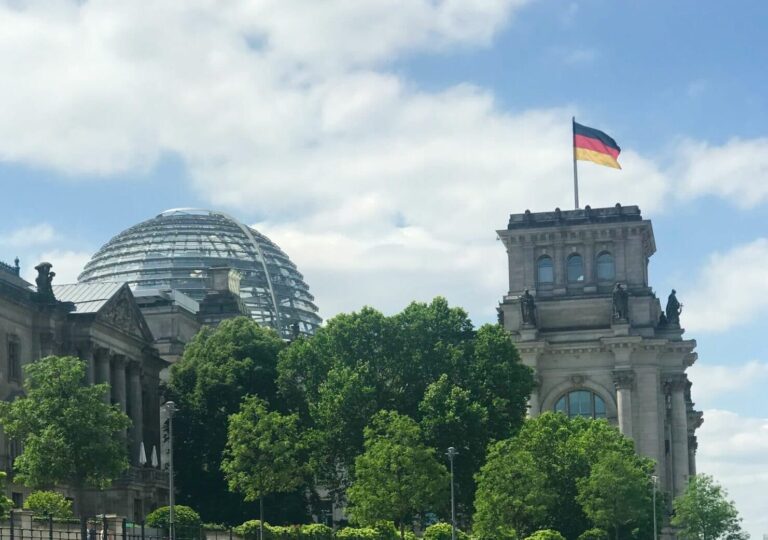
The globalization of trade has helped to develop Germany’s economic activities. Import/export trade has been facilitated by Germany’s extensive transport infrastructure.
Key e-commerce figures for Germany
According to Yves Plaire, the sector’s sales “amount to around €300 billion in Germany, or a quarter of the outsourced logistics and transport market in Europe”.
The growth of e-commerce logistics in Germany
Growth in this sector is estimated at between 3% and 4% a year. Germany hosts Europe’s biggest transport and logistics trade fairs, in Stuttgart, Munich and Hanover.
The role of e-commerce logistics in beauty product sales in Germany
E-commerce has grown considerably in the wake of the health crisis. Online sales of beauty products accelerated during and after the covid-19 pandemic, according to N° 224 Cosmétiquemag published by Link Media Group in February 2021.
“During the first containment, the e-commerce market share in beauty reached 60%, whereas it was no more than 14% in 2019,” says Martin Ruppman, managing director of the German Cosmetics Association (VKE).
Douglas and Flaconi are the market leaders in the German beauty sector. These two players account for 70% of the German beauty e-commerce market. They are both very active in e-commerce logistics in Germany.
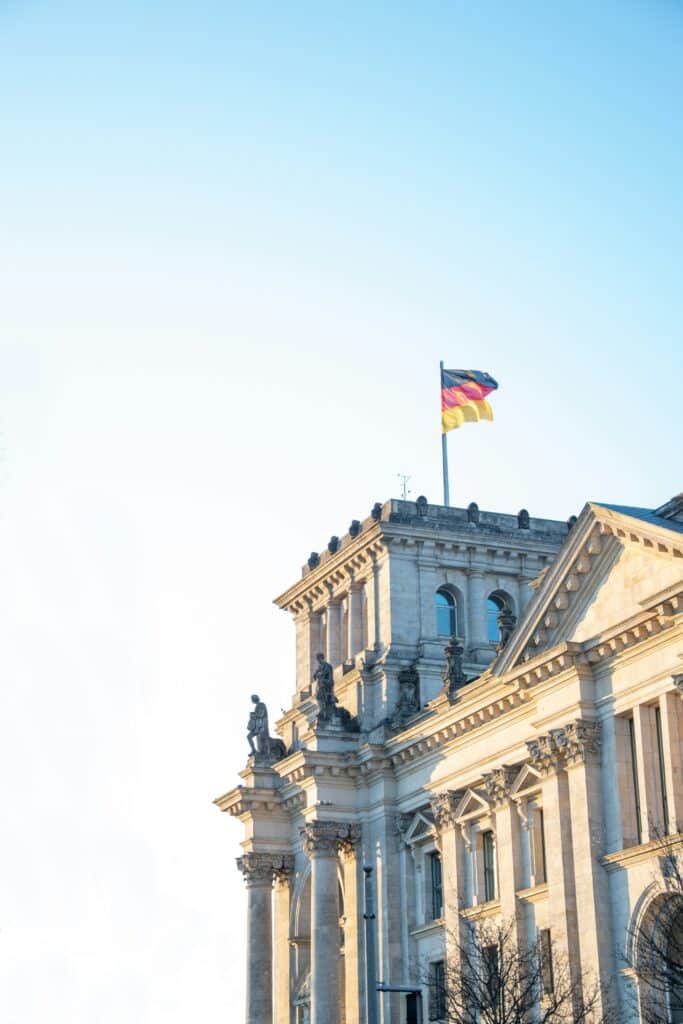
DOUGLAS
Douglas, Europe’s leading omnichannel platform for high-end beauty products, reported a 40% increase in online sales, followed by a 70% rise in the third quarter. More than 50,000 products are listed online, and there are 1,850 physical points of sale in Europe. The first Douglas perfumery opens in Hamburg, Germany.
Since 1973, the Group has been expanding internationally, in France, the Netherlands, Italy and Spain. The development of an omnichannel strategy has enabled the group to be present on all distribution channels. “We don’t consider our online business on the one hand and our brick-and-mortar stores on the other,” explains German group spokeswoman Eva Krüger.
Douglas got its start in e-commerce with the launch of its market place for beauty products, available throughout Europe. The group relies on a unique customer experience and value-added services:
- Click & Reserve services ;
- Click & Collect ;
- Scan & Go ;
- Installation of digital mirrors to test products without touching them.
Today, the group has developed a number of subsidiaries to ensure its omnipresence in the European beauty market. More than 26 countries, including Belgium, Germany, Austria and Poland, are supplied with Douglas fragrance products. The brand’s objective is to focus on flagships with a unique customer experience. In the future, the Group intends to reduce the number of points of sale and focus more on e-commerce in all foreign countries. Some perfume and beauty stores in Germany could disappear.
FLACONI
- Flaconi, reports a 52% increase in revenues.
In April 2021, the online cosmetics store inaugurates a 28,000 m² logistics platform. The site is capable of dispatching 167,000 orders a day. The center will enable the company, which has a concept store in Berlin, to expand abroad.
Annual growth of 48% is forecast, accompanied by innovative projects. In Germany, Flaconi has rapidly become the leading pure-play online supplier of beauty products.
The brand offers a wide range of products, including perfumes, make-up, skincare, hair care… With growth like this, the e-commerce logistics site has to meet the brand’s requirements.
The brand chose to locate in Halle to reduce delivery times. In view of the volume of goods flow, numerous adjustments have been made to meet demand. The e-commerce sector is constantly in flux. This is why the logistics warehouse where Flaconi stores its products demonstrates a certain agility and adaptation to market changes.
Outsource your e-commerce logistics to Germany or ship from France?
Warehousing products as close as possible to e-buyers can be a smart move. In fact, this tactic sometimes enables e-tailers to make economies of scale. For example, by locating their stock of goods in an e-commerce logistics warehouse in Germany, e-tailers can adjust their delivery times. Germany is strategically located at the heart of Europe, making it an excellent location for e-commerce logistics. It has developed an extensive logistics and transport infrastructure, enabling it to offer unrivalled expertise to e-tailers.
Germany, an economic and logistics hub for e-commerce
Hamburg offers privileged access to European and global markets. Its ports are key entry points for international trade. Sea freight is well developed, thanks to numerous connections.
Modal shift in e-commerce logistics in Germany
Thanks to the port, the city of Hamburg and the metropolitan region, an entire infrastructure network has developed. These numerous transport infrastructures enable the routing of goods. Modal shift is particularly common in Germany, with the optimization of sea, river, rail, road and air transport. The Port of Hamburg: Germany’s largest seaport, 3rd largest in Europe in 2018, behind Rotterdam and Antwerp.
Railways
Most freight is transported by rail, which is less polluting and more expensive than road and air transport. Rail lines are fairly well developed in Germany. The Region is making efforts to further improve the network to southern Germany and northern Europe. Europe’s largest port railway station is located in the center of the port of Hamburg. This interconnection point in northern Germany can accommodate long freight trains. It also makes it easy to export products to Germany.
A skilled workforce
Engineers and management graduates specialized in logistics help companies outsource their operations. The interface between the port, shipping lines, customs and the logistics sector is efficient. The aim is to create coordination between all the players involved in the routing of goods, and to optimize flows towards their final destination. Digitization is helping to modernize the port’s various services for better e-commerce logistics in Germany.
Germany is a leading logistics hub for Northern Europe. A substantial volume of goods transits through Hamburg. International trade plays an important role in Germany’s service sector. This creates numerous jobs. 12,000 companies and some 280,000 people are involved in the storage, transshipment and delivery of goods.
Consider consulting a logistics service provider about outsourcing part of your activities abroad.
